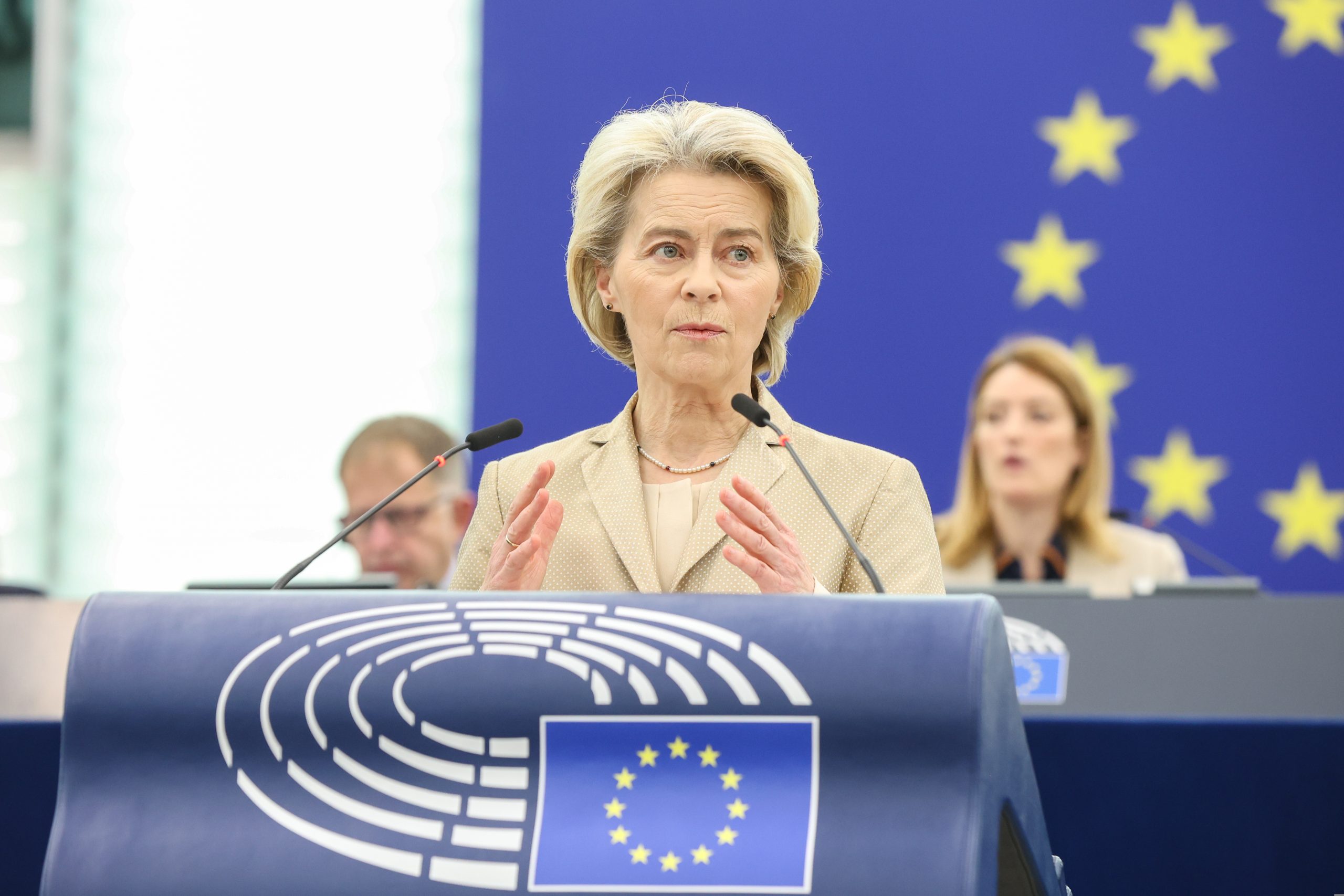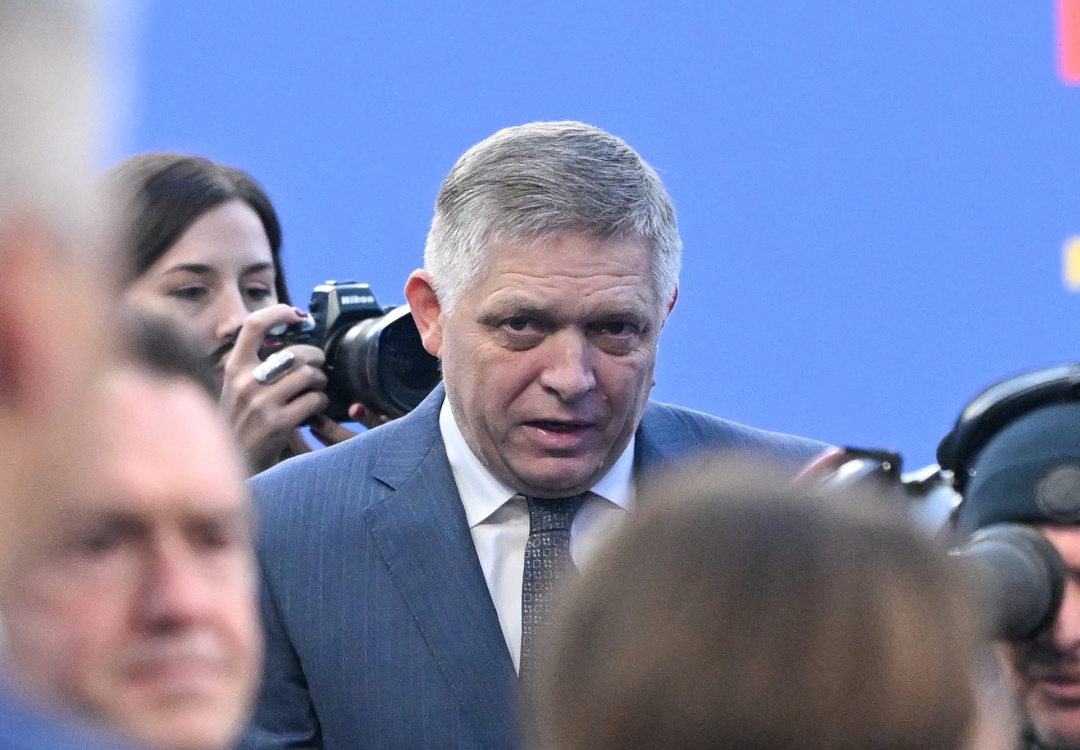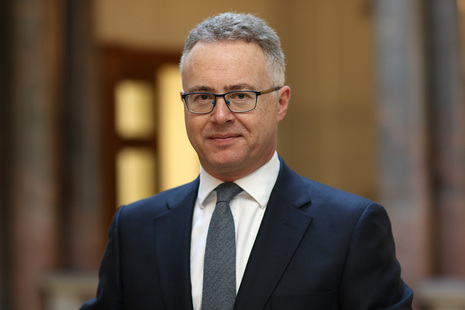
The Sovereignty Protection Office has named Hungarian NGOs and institutions receiving billions in EU funding as part of its investigation.Continue reading

The UK Foreign Office might have indirectly interfered in the 2023 Slovak parliamentary elections by supporting Progressive Slovakia (PS) and financing a campaign against Smer-SD and Slovak Prime Minister Robert Fico, ma7.sk reported.
Referring to an article in marker.sk, the Slovak Prime Minister claims that the British Foreign Office signed a contract worth almost £10 million with a London-based communications agency called Zinc Network, whose aim was to recruit and mobilize political activists and influencers in Central and Eastern European countries, including Slovakia.
Following our investigation into the UK secretly paying foreign YouTube stars to publish “propaganda” videos, Slovakia’s prime minister has accused the UK of election interference and summoned the British ambassador.
Story https://t.co/H7a0Q1bnx4https://t.co/KyonL2WoRY
— Declassified UK (@declassifiedUK) July 29, 2025
According to Robert Fico, this is “deliberate and targeted interference by a foreign power, which is also our NATO ally,” adding that the British Foreign Office did not deny the allegations, merely stating that their activities were aimed at promoting “democracy, human rights and the rule of law.”
In response, the Slovak Foreign Ministry summoned British Ambassador Nigel Baker, from whom they expect a detailed explanation of the matter.

Nigel Baker. Photo: Wikipedia
Foreign Minister Juraj Blanár emphasized that if no satisfactory response is received, the names of the beneficiary activists involved may even be made public. At the same time, he indicated that their goal was not to create diplomatic tension, but to clarify the situation.
The State Secretary of the Ministry of Foreign Affairs, Marek Eštok, said that Slovakia intends to raise the issue at the EU level, for example within the framework of the Council for EU-UK Relations. In addition, they are requesting an assessment from the European Commission, and the issue may also come up in September during the EU debate on hybrid threats and election interference. The vice president of parliament, Tibor Gašpar (Smer-SD), suggested that a parliamentary committee also discuss the issue.
According to an article in marker.sk, the British government “secretly financed hundreds” of activists to produce political content, for example on YouTube, which could have influenced election campaigns. The campaign was allegedly aimed at mobilizing young voters in favor of Progressive Slovakia, a radical leftist group.
The Zinc Network was active not only in Slovakia, but also in Hungary:
According to the Sovereignty Protection Office, the British agency also financed anti-government Hungarian media outlets and NGOs from foreign sources for the purpose of spreading left-wing propaganda.
These events raise not only questions of sovereignty, but also the impact that communication campaigns supported by foreign countries can have on the integrity of European democratic elections.
Via marker.sk, ma7.sk; Featured photo: MTI/Koszticsák Szilárd